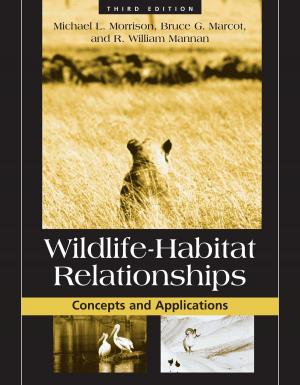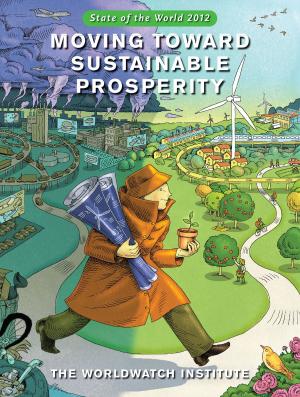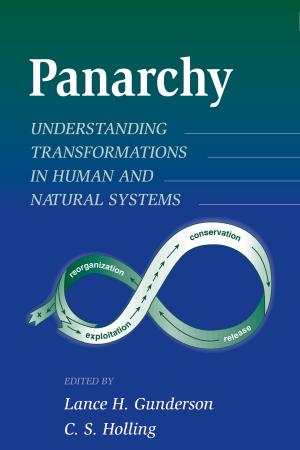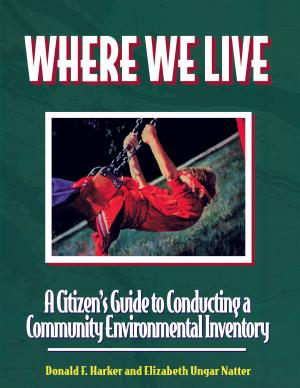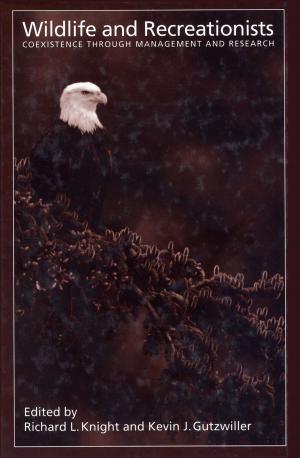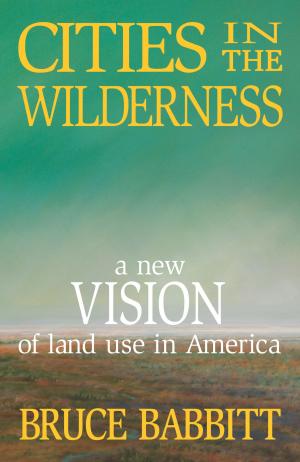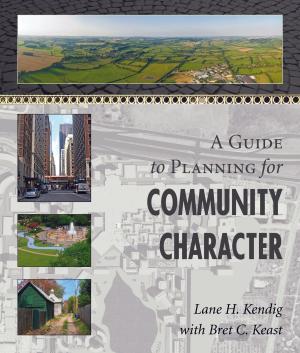Old Fields
Dynamics and Restoration of Abandoned Farmland
Nonfiction, Science & Nature, Science, Biological Sciences, Environmental Science| Author: | Richard J. Hobbs | ISBN: | 9781610910989 |
| Publisher: | Island Press | Publication: | June 22, 2012 |
| Imprint: | Island Press | Language: | English |
| Author: | Richard J. Hobbs |
| ISBN: | 9781610910989 |
| Publisher: | Island Press |
| Publication: | June 22, 2012 |
| Imprint: | Island Press |
| Language: | English |
Land abandonmis increasing as human influence on the globe intensifies and various ecological, social, and economic factors conspire to force the cessation of agriculture and other forms of land management. The “old fields” that result from abandonmhave been the subject of much study, yet few attempts have been made to examine the larger questions raised by old field dynamics.
Old Fields brings together leading experts from around the world to synthesize past and currwork on old fields, providing an up-to-date perspective on the ecological dynamics of abandoned land. The book gives readers a broad understanding of why agricultural land is abandoned, the factors that determine the ecological recovery of old fields, and how this understanding contributes to theoretical and applied ecology.
Twelve case studies from diverse geographical and climatic areas—including Australian rainforest, Brazilian Amazonia, New Jersey piedmont, and South African renosterveld—offer a global perspective on the causes and results of land abandonment. Concluding chapters consider the similarities and differences among the case studies, examine them in the context of ecological concepts, and discuss their relevance to the growing field of restoration ecology.
Old Fields is the first book to draw together studies on old fields from both a theoretical and practical perspective. It represents an important contribution to the developmof theory on old field dynamics and the practice of ecological restoration on abandoned farmland, and the broader implications of old field dynamics to ecology and restoration.
Land abandonmis increasing as human influence on the globe intensifies and various ecological, social, and economic factors conspire to force the cessation of agriculture and other forms of land management. The “old fields” that result from abandonmhave been the subject of much study, yet few attempts have been made to examine the larger questions raised by old field dynamics.
Old Fields brings together leading experts from around the world to synthesize past and currwork on old fields, providing an up-to-date perspective on the ecological dynamics of abandoned land. The book gives readers a broad understanding of why agricultural land is abandoned, the factors that determine the ecological recovery of old fields, and how this understanding contributes to theoretical and applied ecology.
Twelve case studies from diverse geographical and climatic areas—including Australian rainforest, Brazilian Amazonia, New Jersey piedmont, and South African renosterveld—offer a global perspective on the causes and results of land abandonment. Concluding chapters consider the similarities and differences among the case studies, examine them in the context of ecological concepts, and discuss their relevance to the growing field of restoration ecology.
Old Fields is the first book to draw together studies on old fields from both a theoretical and practical perspective. It represents an important contribution to the developmof theory on old field dynamics and the practice of ecological restoration on abandoned farmland, and the broader implications of old field dynamics to ecology and restoration.

